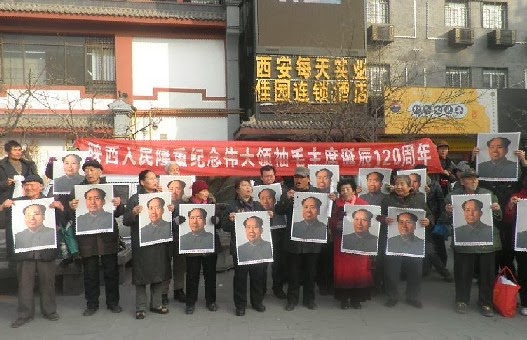(Watch this Mark Fiore cartoon on Chevron's use of the US Racketeer Influenced and Corrupt Organisations legislation to intimidate, bully and harass Ecuadorians complaining about poisonous wastes, and their allies. This is the same company exploiting Australian and 457-visa workers in its relentless pursuit of global profits.)
The giant US energy corporation Chevron has operations in Australia at Gorgon in WA where it is extracting liquefied natural gas, and at Wheatstone and nearby Barrow Island.
There is no Australian equity in what is an energy source of vital importance to the Australian people.
Initial capital outlay in what is still a pre-production phase is substantial - around $54 billion for Gorgon to date; however, the profit to be made over many years once production does begin (likely to be this year) will dwarf the investment.
These are profits that should accrue to the entire Australian people.
These are our resources.
The situation spells out clearly the need for a strong anti-imperialist movement, led by the working class, to sweep away the treacherous institutions and personnel of our present parliamentary system and establish the right of the people to nationalise such industries as these without compensation.
None of the parliamentary parties or grouplets has any interest in pushing for genuinely anti-imperialist Australian independence, nor in unleashing the working people who, by virtue of their numbers and their place in the process of production, are the only truly decisive social sector capable of substantially changing the direction Australia is taking.














